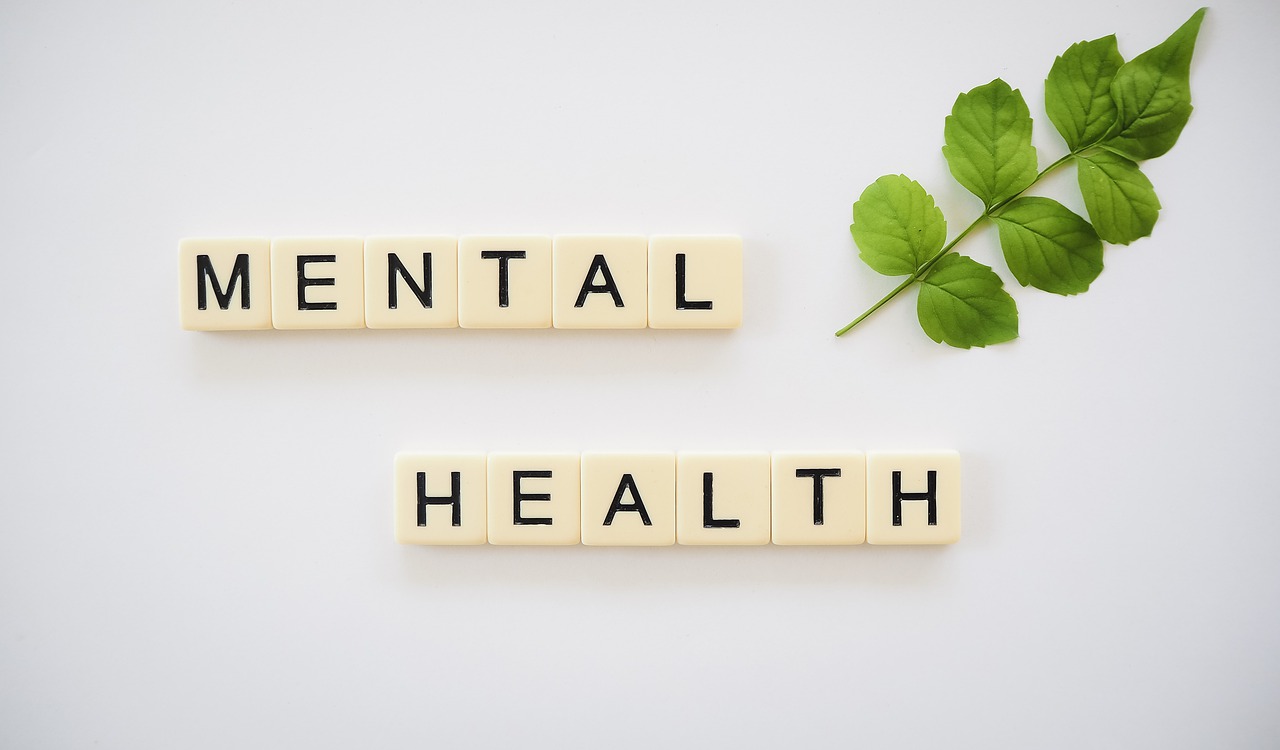Exploring the Different Types of Bipolar Disorder
Exploring the Different Types of Bipolar Disorder
About Bipolar Disorder
Bipolar disorder is a mental health condition that affects the mood of individuals. It is characterized by extreme shifts in mood, energy, and activity levels, making it difficult for those affected to carry out their daily tasks. People with bipolar disorder experience episodes of both depression and mania, which can significantly impact their lives.
Living with Bipolar Disorder
Living with bipolar disorder can be challenging, but with the right support and treatment, individuals can lead fulfilling lives. It's important for individuals with bipolar disorder to develop coping strategies and seek professional help. Here are some points to consider:
1. Building a Supportive Network
Having a strong support system is vital for individuals with bipolar disorder. Family, friends, therapists, and support groups can provide emotional support and help in times of need.
2. Developing Healthy Coping Mechanisms
Learning healthy coping techniques is crucial in managing bipolar disorder symptoms. Engaging in regular exercise, practicing relaxation techniques, getting enough sleep, and avoiding drugs and alcohol can all contribute to better mental well-being.
3. Monitoring Mood Changes
Tracking mood changes is important in managing bipolar disorder. Recognizing early warning signs and triggers can help individuals take proactive steps to prevent or minimize the impact of mood episodes.
Types of Manic Episodes
Mania is a key characteristic of bipolar disorder and is characterized by an elevated mood, increased energy levels, racing thoughts, and impulsive behavior. There are several types of manic episodes that individuals with bipolar disorder may experience:
1. Hypomania
Hypomania is a milder form of mania characterized by a persistent elevated or irritable mood. While individuals with hypomania may experience increased productivity and creativity, it can also lead to poor decision-making and irritability.
2. Mania
Full-blown mania involves severe symptoms that significantly impact daily functioning. Individuals experiencing mania may engage in risky behaviors, have difficulty sleeping, exhibit grandiosity, and experience racing thoughts.
3. Mixed Features
In some cases, individuals with bipolar disorder may experience mixed features, which involve symptoms of both depression and mania simultaneously. This can be particularly challenging as individuals may feel agitated, have reduced energy, and experience racing thoughts all at once.
Bipolar Disorder Treatment Options
There are several treatment options available for individuals with bipolar disorder. It's important for individuals to consult with healthcare professionals to determine the most suitable approach for their specific needs. Here are some common treatment options:
1. Medication
Medication plays a crucial role in managing bipolar disorder. Mood stabilizers, antipsychotic medications, and antidepressants may be prescribed to help stabilize mood and reduce symptoms.
2. Psychotherapy
Psychotherapy, such as cognitive-behavioral therapy (CBT) or interpersonal therapy, can be highly beneficial for individuals with bipolar disorder. It helps individuals understand and manage their thoughts, emotions, and behaviors, providing them with effective coping strategies.
3. Lifestyle Changes
Adopting a healthy lifestyle can significantly impact the management of bipolar disorder. Regular exercise, maintaining a balanced diet, getting sufficient sleep, and avoiding stress can all contribute to better overall well-being.
4. Supportive Services
Supportive services, such as support groups or peer mentoring programs, can provide individuals with bipolar disorder a safe space to connect with others who understand their experiences. This can offer valuable emotional support and practical advice.
Conclusion
Bipolar disorder is a complex condition that requires proper understanding and management. By building a support network, developing healthy coping mechanisms, and utilizing available treatment options, individuals with bipolar disorder can lead fulfilling lives. It's important for society to promote awareness and understanding of bipolar disorder to reduce stigma and provide better support for those affected.





